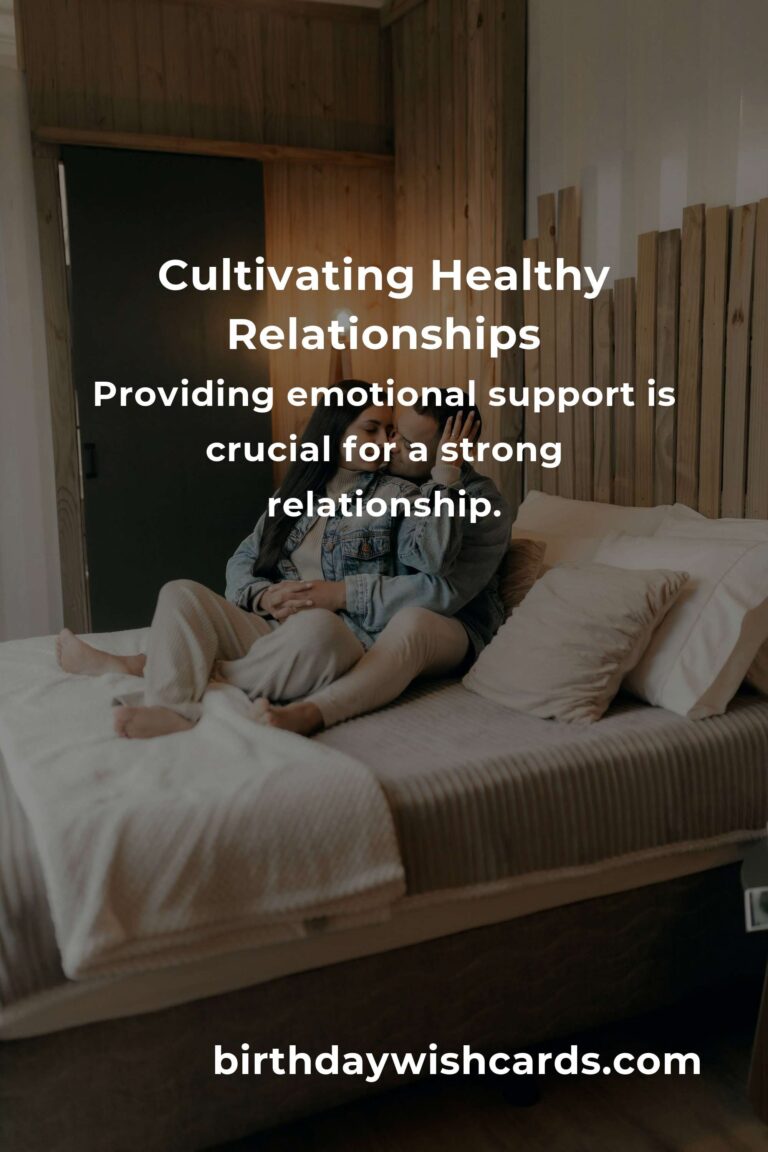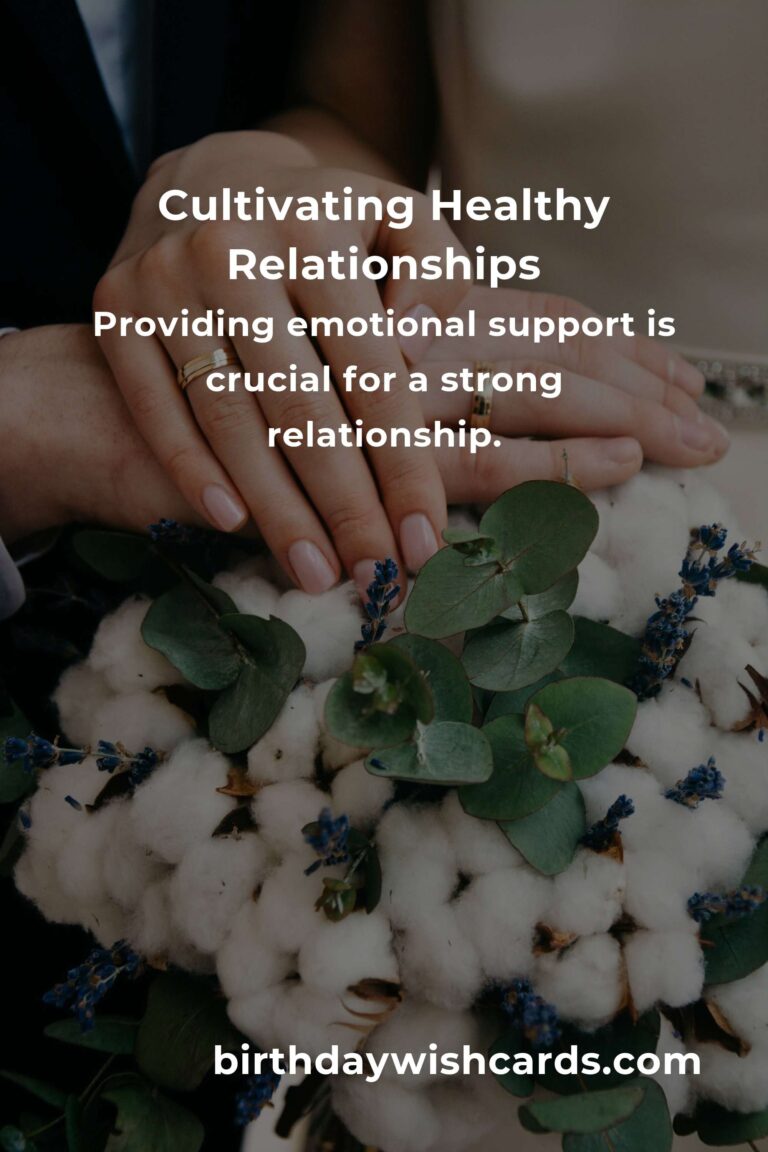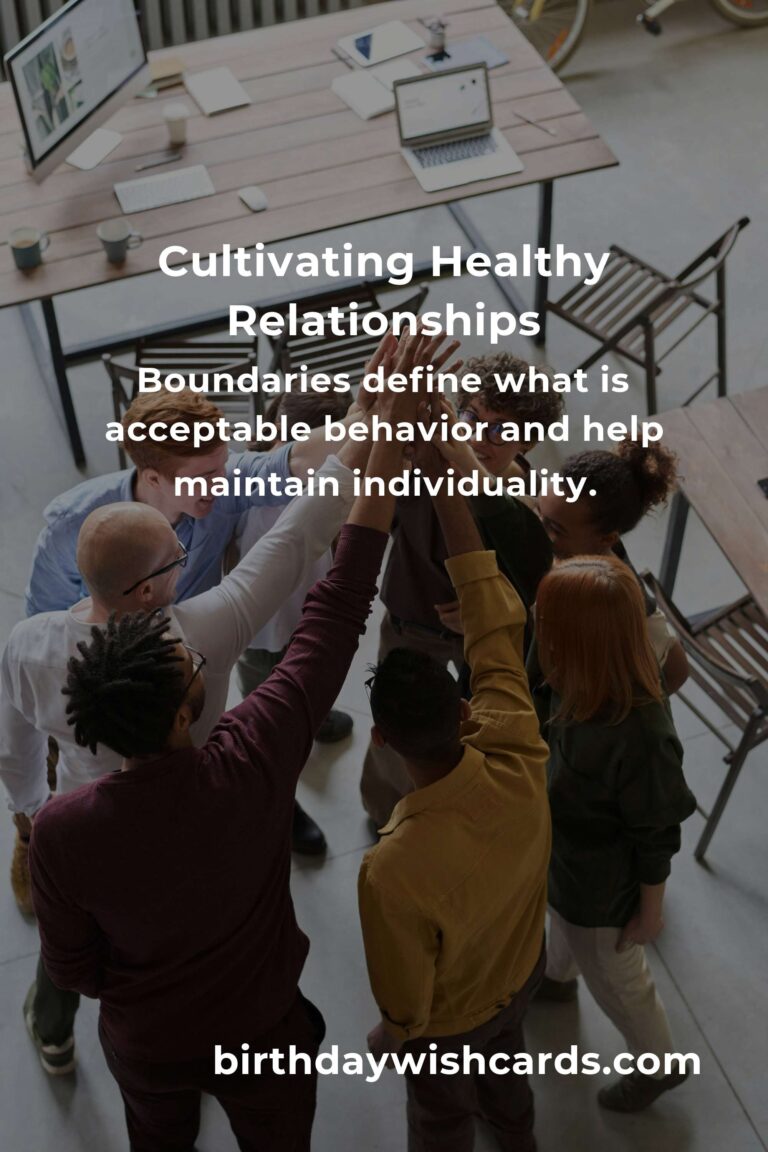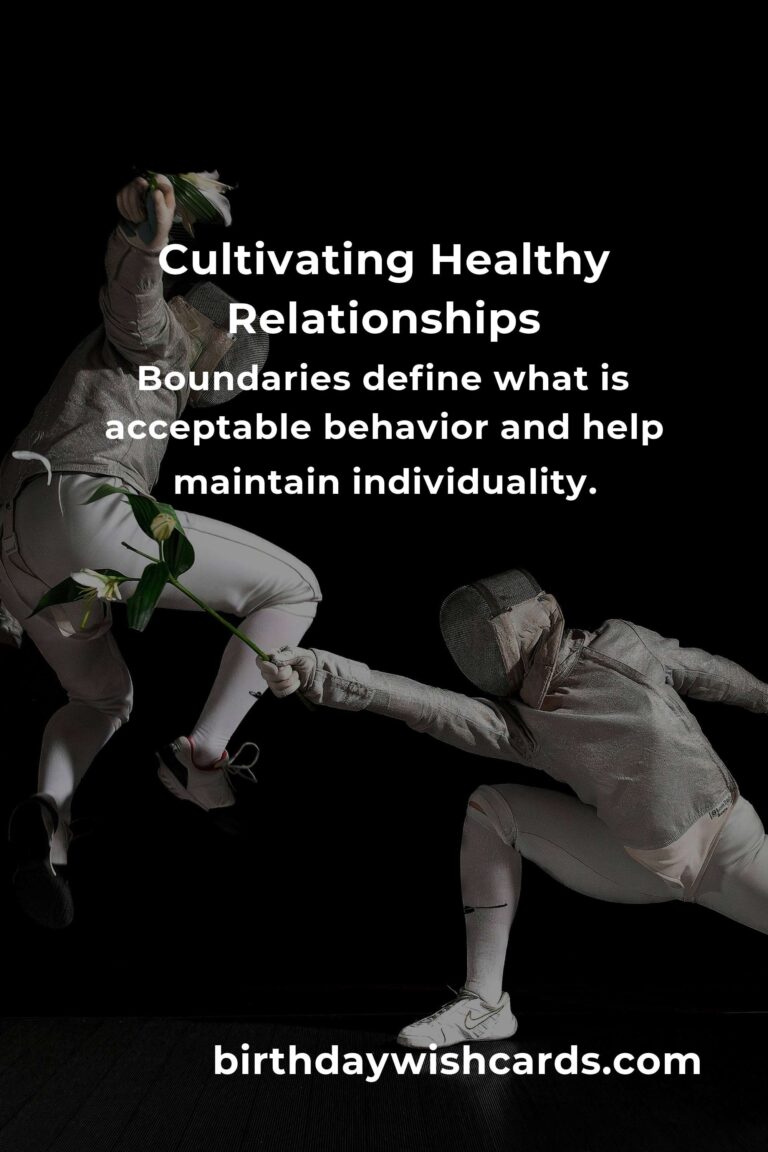
In today’s fast-paced world, maintaining healthy relationships can be challenging. Whether it’s with friends, family, or a romantic partner, the key to a long-lasting and fulfilling connection lies in practicality and mutual understanding. This guide will explore effective strategies to nurture healthy relationships.
The Importance of Communication
Communication is the cornerstone of any healthy relationship. It involves not just speaking but also listening actively. Listening to understand, rather than to respond, fosters empathy and connection. Practice active listening by giving your full attention, acknowledging feelings, and responding appropriately.
Setting Boundaries
Healthy relationships require setting and respecting boundaries. Boundaries define what is acceptable behavior and help maintain individuality within a relationship. Discuss and agree on boundaries early to prevent misunderstandings.
Emotional Support and Empathy
Providing emotional support is crucial. This means being there for each other during tough times and celebrating successes together. Empathy allows you to understand and share the feelings of another, enhancing emotional intimacy.
Quality Time
Spending quality time together strengthens bonds. Whether it’s a simple walk in the park or a weekend getaway, making time for each other builds a shared sense of belonging and commitment.
Trust and Honesty
Trust is fundamental in any relationship. It is built through honesty, reliability, and consistency over time. Being truthful and transparent with each other lays a strong foundation for trust.
Handling Conflicts
Conflicts are inevitable, but handling them constructively is vital. Focus on resolving the issue rather than winning the argument. Approach conflicts with a calm mind, avoid blame, and work towards a solution together.
Maintaining Independence
While togetherness is essential, maintaining independence is equally important. Encourage each other’s personal growth and respect individual interests and hobbies.
Practicing Forgiveness
Forgiveness is a powerful tool in maintaining healthy relationships. Holding onto grudges can be toxic, whereas forgiving can lead to healing and stronger bonds.
Conclusion
Building and maintaining practical healthy relationships require effort, patience, and understanding from all parties involved. By focusing on communication, boundaries, support, quality time, trust, and conflict resolution, you can cultivate relationships that are both fulfilling and enduring.
Communication is the cornerstone of any healthy relationship. Boundaries define what is acceptable behavior and help maintain individuality. Providing emotional support is crucial for a strong relationship. Spending quality time together strengthens bonds. Trust is fundamental and is built through honesty and consistency. Handling conflicts constructively is vital for relationship longevity. Forgiveness is a powerful tool in maintaining healthy relationships.
#HealthyRelationships #Communication #Trust #Empathy #Boundaries













